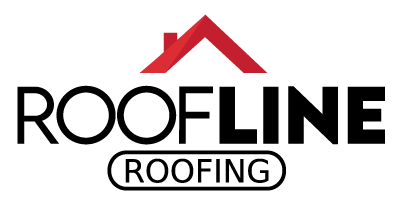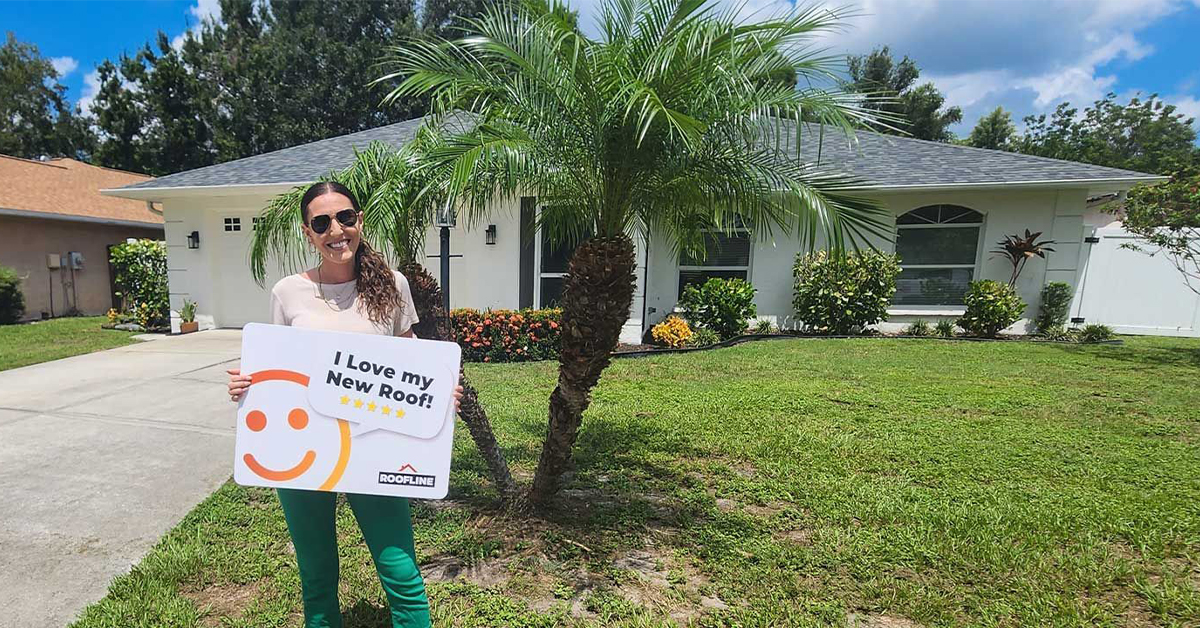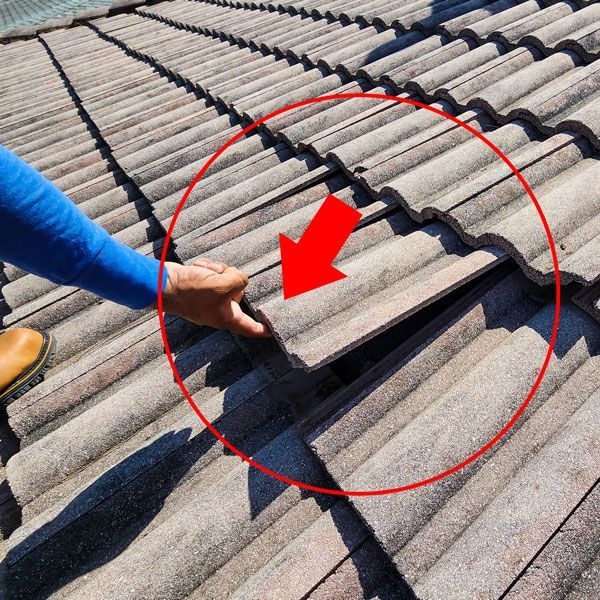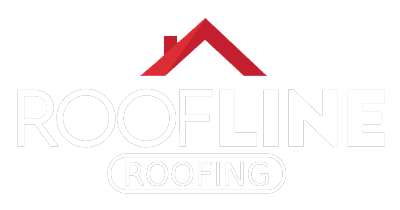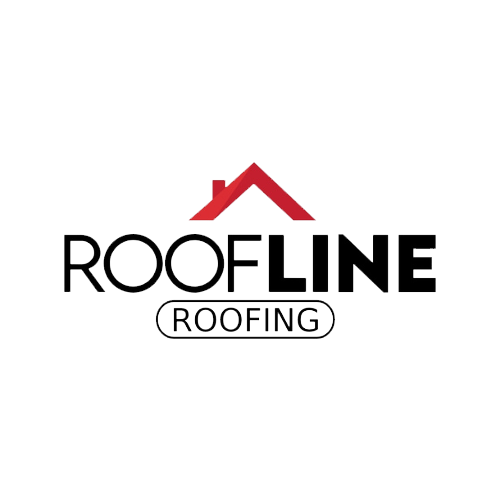Exploring the viability of solar panels for commercial properties isn’t just about cost savings—it’s a strategic decision that can enhance both corporate identity and long-term financial health. As solar energy becomes increasingly accessible in Florida, particularly with favorable tax incentives and abundant sunshine, businesses in Palmetto and Anna Maria are recognizing the substantial benefits of integrating solar panels into their energy portfolios. This decision not only promises immediate reductions in utility bills but also adds to property value and increases appeal in the rental market.
To make an informed choice, it’s essential to consider the unique characteristics of your building, such as location advantages, roof orientation, and structural integrity. A thorough understanding of these factors facilitates a seamless integration of solar energy, ultimately resulting in significant financial savings and enhanced corporate sustainability efforts. As businesses in Longboat Key consider their solar viability, comprehensive analyses of these elements are crucial to optimizing returns and ensuring a resilient, energy-efficient future.
Initial Investment: Understanding the Costs Involved
Understanding the costs involved in roofing, especially when considering the integration of solar panels, is crucial for business efficacy and planning. In Palmetto, solar panel installation is becoming increasingly popular among commercial properties. There’s a multitude of factors to consider before investing in this sustainable energy solution.
**Solar Panel Costs in Palmetto**
Solar panel costs vary widely based on the systems you choose and the specific needs of your facility. On average, installing solar panels in Florida can range from $10,000 to $30,000. According to a study by the National Renewable Energy Laboratory, the price per watt for solar installations has steadily decreased over the past decade, making solar a more viable option for businesses.
**Financial Incentives and Rebates**
Businesses in Palmetto can significantly lower their initial solar investment costs by leveraging various financial incentives. The Federal Investment Tax Credit (ITC) currently allows for a 26% deduction, which is a substantial benefit. Local utilities may also provide rebates or incentives. For instance, in Florida, net metering policies enable businesses to earn credits on their utility bills for the excess energy their solar systems generate.
**Installation and Maintenance Costs**
The costs associated with installation include equipment, labor, and permitting. Equipment encompasses panels, inverters, and mounting systems. It’s essential to obtain multiple quotes from certified installers, as this can lead to savings on total implementation costs. The maintenance of solar panels is relatively low-cost, yet essential for ensuring long-term efficiency. Cleaning panels periodically and monitoring system performance using software solutions can help maintain optimal energy production.
**Potential Savings on Utility Bills**
One of the main attractions of solar systems is the reduction in electricity bills. In Florida, where sunlight is abundant, businesses can make significant savings by generating their own electricity. Over time, the savings can offset the initial investment substantially. According to EnergySage, businesses can see a return on investment within 7-10 years thanks to these savings.
**Considerations for Commercial Properties**
Before installation, businesses should consider the structural integrity and orientation of their roofs. The roof should be in good condition, capable of bearing additional weight, and ideally have maximum sun exposure. An energy audit can determine how much energy your business currently consumes and how solar technology can accommodate or supplement your existing grid reliance.
**Integration with Existing Systems**
For businesses with other energy systems in place, integrating solar can optimize overall energy use. Solar energy systems need to be synchronized with current infrastructures, particularly if there are existing backup generators or specialized energy needs. Engineers can ensure the systems work efficiently in tandem, maximizing energy reliability and cost savings.
**Long-Term Benefits**
Beyond immediate financial benefits, installing solar panels can provide long-term economic and environmental advantages. Businesses can benefit from increased property value, as solar installations are often attractive to potential buyers and tenants. Moreover, environmental responsibility enhances corporate reputation, appealing to clients who prioritize sustainability.
Investing in solar panels requires careful consideration of initial costs and long-term benefits. Businesses should approach this investment with an understanding of the full scope of expenses and savings opportunities. With proper planning and execution, solar panel installations can lead to sustainable savings and improved energy independence.
Long-Term Benefits: Energy Savings and Tax Incentives
Solar panels are an investment that often extends beyond the initial expense to the long-term benefits of energy savings and tax incentives. In Anna Maria, commercial property owners are recognizing commercial solar benefits as a viable financial strategy.
**Long-Term Energy Savings**
Solar energy systems provide consistent energy cost reductions, resulting in substantial savings over time. Florida’s commercial properties are especially well-positioned to capitalize on solar due to the state’s high number of sunny days. Businesses often experience lower energy bills immediately following installation, with many witnessing complete bill elimination in peak sun seasons as confirmed by data from the U.S. Energy Information Administration (EIA).
To put it in perspective, the average commercial property in Florida could save tens of thousands of dollars over a 25-year solar panel lifespan. These savings are not hypothetical; businesses report average reductions in electricity costs, contributing to significant budget reallocations towards business growth.
Energy savings don’t just result from lowered bills, but also from heightened energy independence. Solar installations reduce reliance on fluctuating utility rates and unpredictable energy markets. This independence is particularly beneficial for businesses looking to stabilize long-term operational costs.
**Benefits from Tax Incentives**
Tax incentives present another substantial advantage of commercial solar. The Federal Investment Tax Credit (ITC) allows commercial solar owners to claim 26% of the installation cost as a tax credit. For many businesses, this deduction translates to immediate financial relief, reducing the effective cost of solar system investments.
Furthermore, accelerated depreciation under the Modified Accelerated Cost-Recovery System (MACRS) permits businesses to depreciate solar systems over five years, instead of 20 or 30, leading to significant tax benefits. According to the Department of Energy, these incentives have proven highly effective in reducing the initial capital outlay for solar installations.
**State and Local Support**
In Florida, additional savings are available through initiatives such as property tax exemptions. By state legislation, solar installations are exempt from property tax assessments, meaning businesses benefit from increased property values without incurring higher taxes.
Moreover, utility companies often offer rebates for companies opting for solar power. While availability and amounts can vary, these rebates further chip away at the costs, especially attractive given Anna Maria’s community-focused energy efficiency goals.
**Increasing Property Value**
A lesser-known but highly valuable benefit of solar investment is the appreciation of property value. Studies from the Lawrence Berkeley National Laboratory suggest solar-equipped properties often sell at premiums compared to non-solar properties. For businesses considering future expansion, the potential for increased appraisal values is noteworthy.
This increase is also beneficial from a rental perspective. Commercial tenants increasingly prioritize properties with sustainable energy solutions, which can speed up leasing processes and potentially yield higher rental prices. Solar installations often make commercial properties more attractive in competitive markets.
**Corporate Responsibility and Community Standing**
Simplifying complex sustainability efforts, commercial solar installations reaffirm a business’s commitment to environmental responsibility. In a world where consumers are increasingly valuing sustainable practices, companies in Anna Maria can distinguish themselves by adopting renewable energy solutions. This positive corporate image can enhance customer loyalty and attract environmentally conscious partnerships.
In summary, the combination of energy savings, tax incentives, and increased property values create compelling economic incentives. Businesses should evaluate these together to understand the full financial impact of solar. By investing in solar power, companies can achieve more than just energy independence—they can secure a strategic financial position and make a substantial contribution to environmental sustainability.
Decision Making: Evaluating Suitability for Your Building
Determining whether solar panels are suitable for your commercial building involves a careful examination of several key factors. Rooftop solar isn’t a one-size-fits-all solution, and understanding your building’s specific needs and characteristics is critical to making an informed choice.
Building location plays a significant role in a solar feasibility study. For commercial property owners in Longboat Key, the geographical advantages cannot be overlooked. The area is blessed with abundant sunshine, making solar panels an appealing option for offsetting energy costs. In tandem with state incentives and local energy policies, the location itself becomes a vital part of the decision-making process.
The roof’s orientation and pitch should be among your first considerations. Solar panels perform optimally when they receive consistent direct sunlight, which typically means a south-facing roof in the northern hemisphere. Additionally, the angle or pitch of the roof affects solar panel performance—flatter roofs may not capture as much direct sunlight and might require more complex installation solutions to angle the panels properly. A structural engineer can provide insights into the roof’s capacity to support a solar array, assessing both its condition and weight-bearing potential.
The condition of your existing roof is crucial. If your commercial property requires a roof replacement or repair shortly, it might be wise to address those needs before installing solar panels. Solar panel installation is a long-term investment, usually spanning over 25 years, so merging it with a new or well-maintained roof can avoid future disruptions and additional costs.
Consideration of space is another practicality. Not all roofs can accommodate the necessary number of panels to meet a building’s energy demands. A professional energy audit can help determine your property’s electrical load and, by extension, how many panels you’ll need. For commercial buildings, it’s important to integrate these findings with existing energy infrastructures, considering large-scale operations that may require specialized attention.
From a financial perspective, it’s beneficial to analyze the expected return on investment (ROI). Calculate potential savings on utility bills, taking into account the current and projected costs of local electricity. Compare these savings against installation costs, incentives, and tax credit benefits. The Federal Investment Tax Credit and state-specific incentives can greatly influence financial projections.
Another factor in solar panel suitability is evaluating potential obstructions. Urban areas may have taller surrounding structures that cast shadows, impacting your panels’ efficiency. Trees and other obstructions should be identified in a pre-installation site assessment.
Finally, consider your company’s sustainability goals and community presence. Installing solar panels not only reduces energy costs but can also enhance your corporate image as an environmentally responsible enterprise, appealing to eco-conscious clients and partners.
Evaluating the suitability of solar panels for your Longboat Key commercial building is a multifaceted decision process. Thoroughly analyzing location, roof condition, orientation, financial implications, and sustainability goals ensures a well-informed decision that aligns with both your financial objectives and corporate responsibility initiatives.
You might be asking
What are the initial versus long-term costs of installing solar panels?
The initial costs of installing solar panels on commercial roofs include purchasing the panels, installation fees, and any necessary structural reinforcements. Long-term costs mainly consist of maintenance and occasional repairs. However, these upfront expenses are often offset by long-term savings through reduced energy bills and potential tax incentives.
How do solar panels impact commercial energy savings?
Solar panels can significantly reduce a business’s reliance on grid electricity, resulting in lower energy costs. The panels capture sunlight and convert it into electricity, cutting down on utility expenses. Over time, the energy savings usually surpass the initial cost of the investment, providing a financial advantage for businesses.
Are there specific types of roofs that are best suited for solar panel installation?
Flat roofs and sloped roofs with adequate sun exposure are ideal for solar panel installation. Strong materials like metal or concrete can also support the weight and requirements of solar panels. However, roof orientation, tilt, and shading factors should also be considered when assessing suitability for a solar installation.
Next Steps
Evaluating the potential of solar panels for your commercial property is a strategic decision with far-reaching implications. By conducting detailed assessments of your building’s location, structural integrity, and energy needs, you can make informed choices that align with both immediate and long-term business goals. Consideration of financial incentives, potential utility savings, and your company’s sustainability objectives adds depth to the decision-making process.
To explore the full benefits and tailor a solar solution that fits your specific needs, contacting experts can provide valuable guidance. At Roofline Roofing, our consultations are designed to help you navigate the complexities of solar integration while addressing any roofing concerns. Reach out to us for a free consultation to discuss how solar energy solutions can support your goals for sustainability and financial efficiency.
Contact Us
Use the form below to contact us or to schedule a free consultation.
I would highly recommend Roofline Roofing for any roofing needs. As a fellow business owner, their professionalism and efficiency stood out. They provided quality service, completed the job on time, and their pricing was fair. Very satisfied with their work!
-- Logan L.
